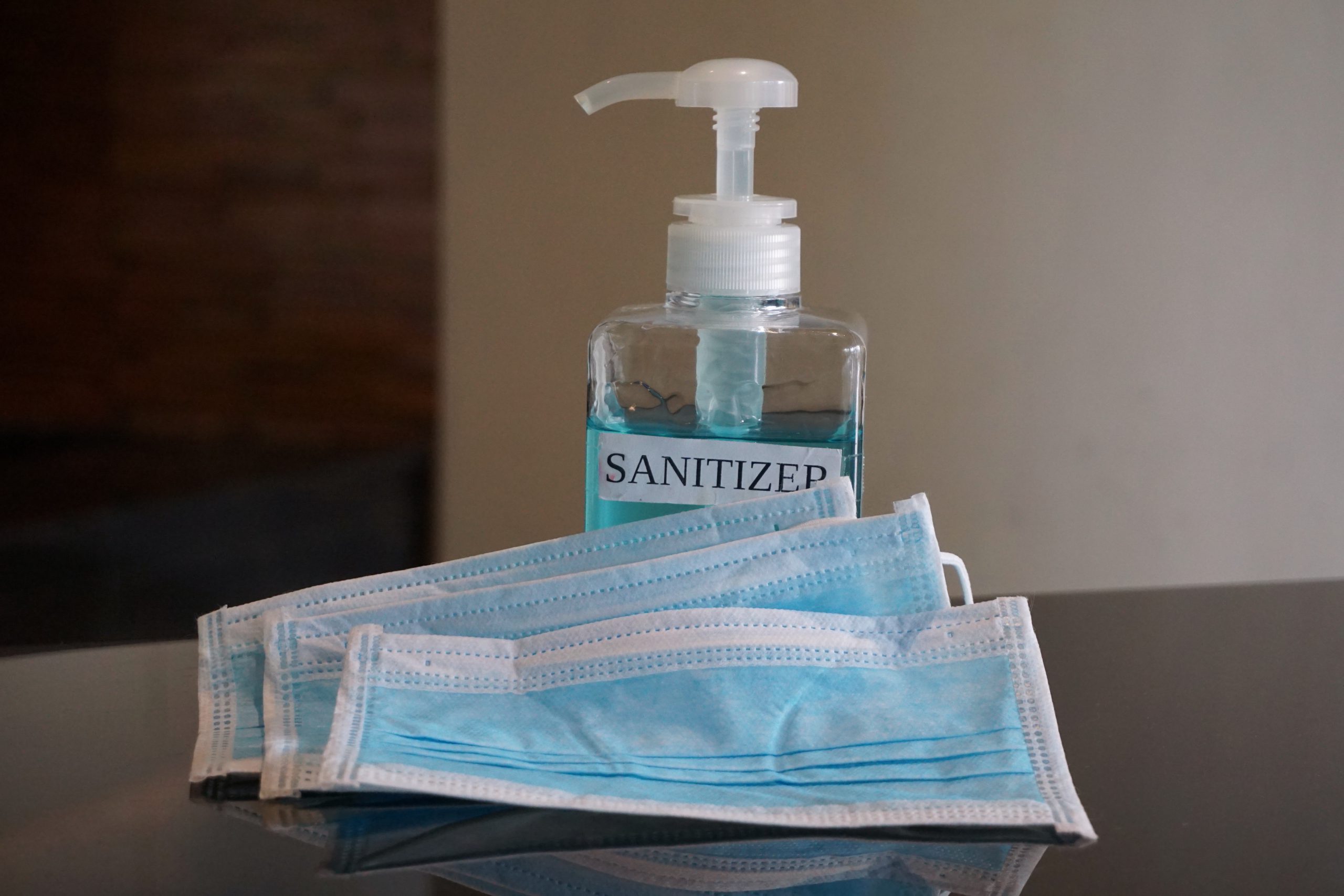We’re approaching the one-year mark to precautions taken by the United States and the rest of the world in response to the COVID-19 pandemic. As vaccines begin to circulate through our seniors and then the rest of the adult population hopefully in the summer, medical experts are still asking everyone to take precautions for a little while longer.
Now that we’re a year into the pandemic, there are many things that we’ve learned about which precautions work and which don’t. Corning Center for Rehabilitation and Nursing has a look at three that do and three that do not.
WHAT WORKS
- Face Masks
This, of course, depends on the mask. Studies have found that wearing a cloth mask over a surgical mask can be 95% effective at preventing virus particles from getting through. Multilayer cloth masks and surgical masks on their own are also very effective if they are a tight fit. Plastic face shields without a mask, gaiters, scarves, and bandanas all provide little to no protection.
- Hand Sanitizer
This has been a consistent message since the start of the pandemic. The U.S. Centers for Disease Control (CDC) says make sure you use one that’s at least 60% ethanol.
- Air Purifiers
HEPA filters are effective against small particles that would contain the virus, but they are not absolute because they can’t circulate the air fast enough to offer full protection, so you should still mask and social distance even in a location with one of these filters.
WHAT DOESN’T WORK
- Disposable Gloves
The problem with gloves is that virus particles stick to them just as easily as your hands, so unless you’re changing gloves constantly, they aren’t a practical tool. Experts just recommend washing your hands and using sanitizer often.
- Sanitizing Packages
Research has shown that the virus doesn’t really transmit from surface to surface, so instead of sanitizing your groceries and packages, just unpack everything and then wash your hands.
- Mouthwash
Mouthwash doesn’t kill virus particles, and beyond that, scientists found that most of the particles that people exhale and infect others with come from the nose.
To learn more about Corning Center for Rehabilitation and Nursing and all of the services they offer, visit https://corning-falls-center.facilities.centershealthcare.org/.






